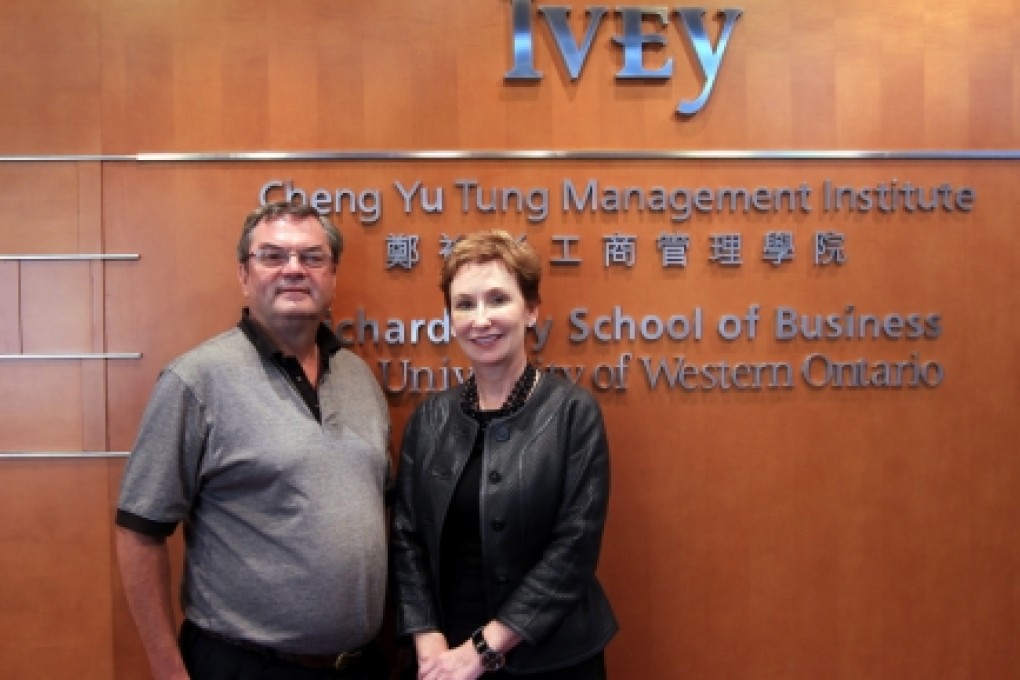So Long, and Thanks for All the Fishballs
After 25 wonderful years, HK Magazine is drawing the shutters on the ol’ dai pai dong of life. We remember the milestones… and some (minor) mistakes.

Executives who sign up for the Ivey Executive MBA (EMBA) know from day one that the school means business. They are, in effect, thrown in at the deep end as the 18-month programme kicks off with an intensive two-week induction course introducing the essentials of effective leadership and the realities of running a successful modern enterprise.
The initial module focuses on three things. One is to familiarise students with the case-study method used in teaching much of the programme. This involves examining real-life business scenarios from different perspectives, requiring the class to analyse, discuss and present their own recommendations and decisions on what could or should be done.
The second is to break down barriers so that the incoming group - who represent diverse industries, roles and nationalities - are ready to interact and contribute fully. There is a certain amount of self-analysis, with students encouraged to identify their own strengths and weaknesses, and see which attributes they most need to work on. The aim is to show early on what sets the best leaders apart and how they win over colleagues, build teams and navigate roadblocks on the way to achieving objectives.
The third element of the induction course sees students thrown head first into serious study of key finance and accounting principles. Executives in certain disciplines can still go a long way in their careers without ever really mastering the "numbers" side of the business. That, though, is something the Ivey EMBA refuses to countenance.
"Accounting is the language of business and how we measure performance and progress," says Rick Robertson, professor of finance and management accounting at the Richard Ivey School of Business. "If we are to improve people's ability to make decisions, it is essential they understand the numbers, the implications and the effect of profits, costs and external factors."
These days, he adds, anyone with an incomplete grasp of finance is not qualified to sit at the "top table" where decisions are made. The intense two-week induction ensures that even non-financial class members can hold their own in discussions on balance sheets and enhancing value, and importantly, also have the confidence to question others.